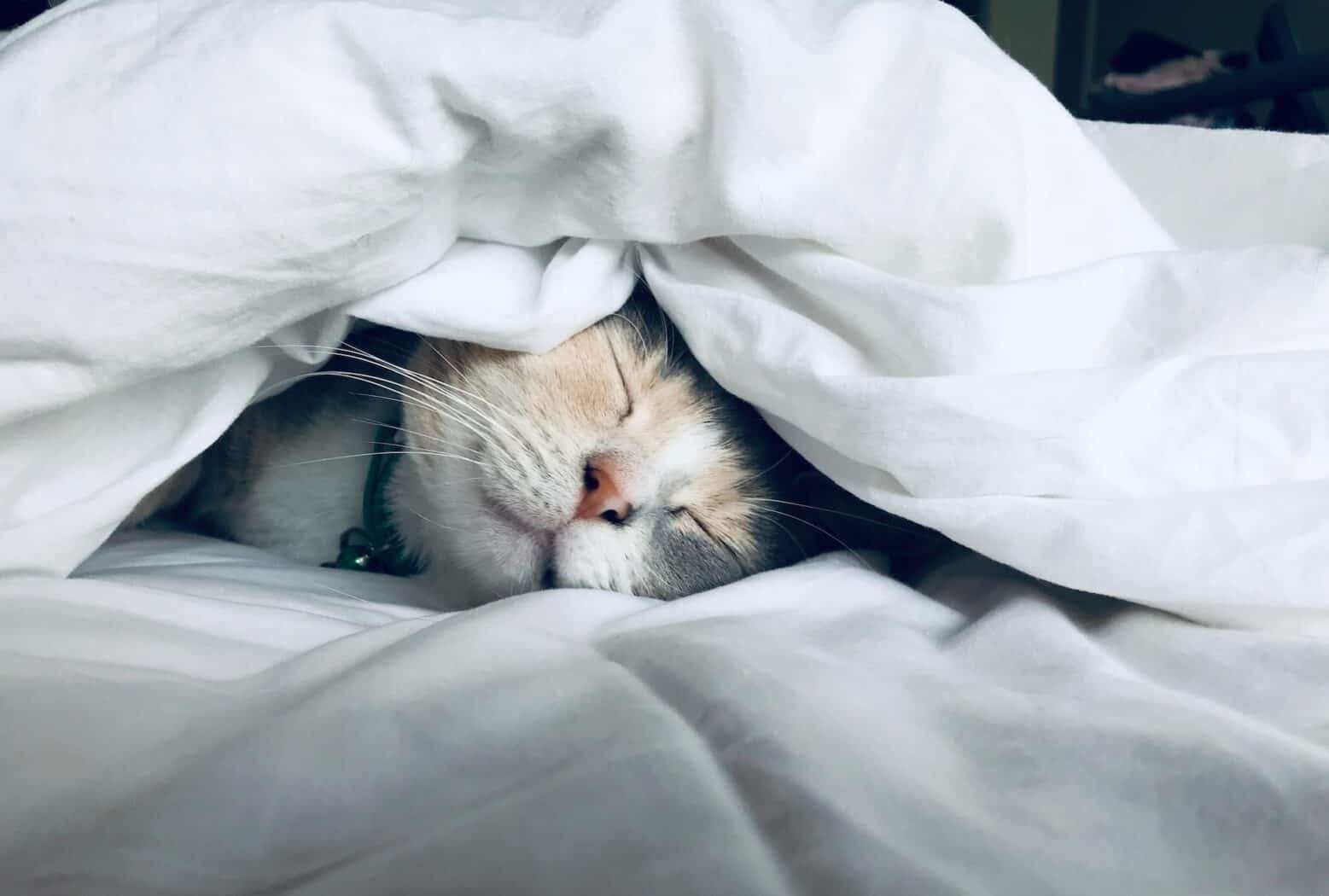
You Deserve A Nap
By Galen Lastko,
Photo by Kate Stone Matheson on Unsplash
If we were going strictly by the numbers, sleep is by far the favored pastime of our species. We spend nearly a third of our life in a sort of maintenance mode, where the bulk of our active consciousness clocks out. This gives the body time to get things done without interference from the noisy fellow upstairs, preparing our earthly vessel for another day of walking around and eating things, and getting into trouble. Despite this, good sleep is one of the most vied-for and rarified of treasures in the world, and none of us ever really seem to be getting enough.
REM sleep
Our brains continue buzzing away, consuming just as much energy as we do while awake.
Humans sleep in cycles that last in the neighborhood of an hour and a half, and this “sleep cycle” is the basic unit of restfulness. During this time, we swap between the two phases of sleep, the rapid eye movement or REM phase, and the creatively named non-rapid eye movement or NREM phase. REM sleep, which is shared in mammals and birds, is accompanied by the more fantastical and strange side of dreaming, and due to the relative similarity of REM sleep to the wakeful state, it is sometimes called paradoxical sleep. During this phase, our breathing, body temperature, and circulation fluctuates more than in either state and although we are effectively paralyzed and not entirely aware, our brains continue buzzing away, consuming just as much energy as we do while awake. This brain activity differs from our waking processes, and the changes in connectivity help to explain the often surreal nature of dreaming, as well as the borderline conscious states associated with lucid dreaming and sleep paralysis.
After about fifteen minutes of REM sleep, our brains shut down much more dramatically, reducing energy consumption and entering the different stages of NREM sleep. We downshift for the first two stages, cycling through a few varied degrees of wakefulness before coming to rest in a deep sleep, or slow wave sleep (SWS). Dreaming occurs during this phase as well, and since our muscles may not be paralyzed, this is when we get to sleepwalk. Our dreams and brain functions in this phase are much less hallucinatory or bizarre, and also less memorable – which is probably why we don’t often remember sleepwalking. Generally speaking, we require less and less of this kind of sleep as we age, with some elderly folks not needing any at all. If undisturbed, this deep sleep will continue for around forty-five minutes before gearing up for a final half hour of REM, giving us ample time to prepare for the relatively tragic return to consciousness.
Sometimes we wake up before the next cycle begins, and sometimes we don’t. Often a good nap will last around the same amount of time as a sleep cycle, so if you can allot that much time to catching some z’s you will likely feel the most benefit. Typically speaking, the body will go through a few of these cycles each night, assuming we’re aiming for a full eight hours of sleep. However, for many of us, that’s not an easy thing to achieve, whether by choice or not. Even if we’re able to take care of everything we need to in the course of a day in our sixteen hours of wakefulness, that doesn’t mean we’re going to be able to wind down and go to sleep on command.
Sleep is foundational
Sleep is crucial for basically every one of our body’s functions.
As something of a chronic insomniac, my relationship with sleep has become at times a resentful one. If there’s something else that needs doing and the sun is shining, I can sleep like a baby. In the wee hours of the morning, my brain sees nothing but uninterrupted free time to get things – or nothing – done. Taking care of ourselves and each other is often contrary to the desires and pressures we feel during our waking lives, and sleep is no different. It makes perfect sense that we, as the ship’s captain, get put on time out for eight hours a day. Since sleep is crucial for basically every one of our body’s functions, it’s important to not ignore the necessary maintenance that comes with it and to give yourself the best chance you can at a full night’s rest. Physical activity or exercise during the day has been shown to help us get past that “tired, but can’t sleep” feeling. Avoiding an excess of artificial light allows your body to properly produce melatonin, and your circadian rhythm can be thrown off if you’re exposed to blue light in the evening, such as the light from televisions, phones, or computer screens. Saving the time before bed for relaxing activities such as reading, meditation, stretching, and simply doing nothing (and not feeling bad about it) may also help you earn some extra hours in slumberland. Do not hesitate to talk to your healthcare provider about any difficulties you have resting: sleep is foundational to our well-being in every way. At the very least, give yourself that extra nap or hour with the snooze button when you can, without guilt: you and your body will both appreciate it.
Galen Lastko, submitted on behalf of the SoHum Health’s Outreach department.
Related: Mental Health, Wellness